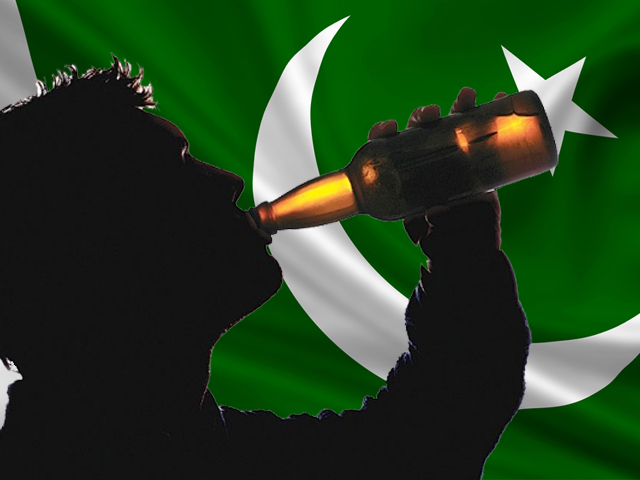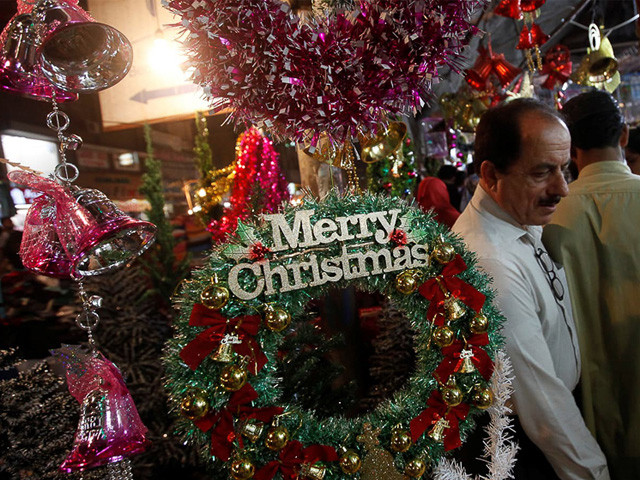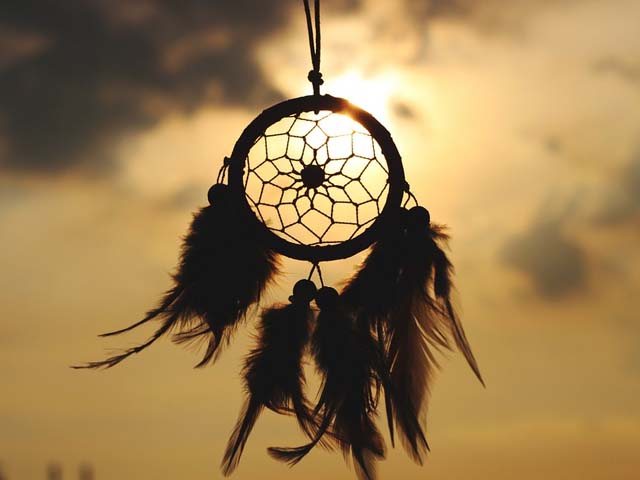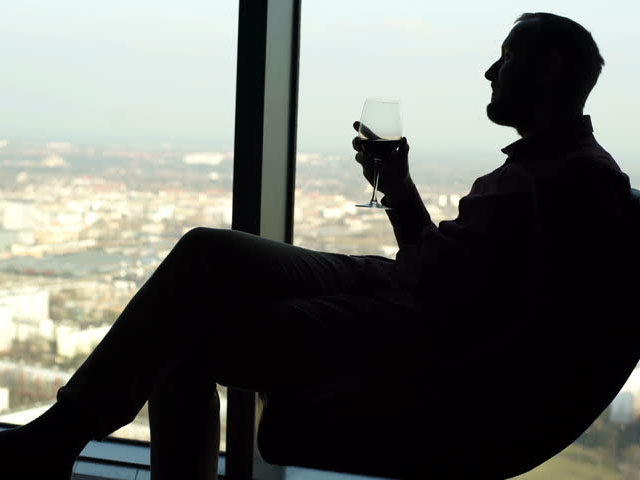
Remove the ban on alcohol in Pakistan
Prohibiting alcohol in a country where it is consumed so freely robs the government of valuable tax money.
Fermented drinks have been running through the subcontinent’s veins since as early as 1200 BC in the form of a beverage called Soma. The history of distilled spirits began in the subcontinent in the geographical area that is modern day Pakistan and until 1977 alcohol consumption was legal in the country.
The prohibition on alcohol took place under the rule of an otherwise liberal man – Zulfikar Ali Bhutto. A big fan of whiskey himself, he finally gave in to the whims of the religious factions in 1977. And as the law stands in the country today, it is illegal for Muslims to consume it and its sale is prohibited in large parts of the country.
Of course, that does not imply that this ban has suddenly stopped Pakistanis from consuming it. Karachi has its share of licensed wine shops selling locally manufactured alcoholic beverages and virtually all major hotels across the country sell alcohol under the legal condition that the buyer shouldn’t be Muslim.
On paper, the sale of alcohol is only allowed to non-Muslims.
But the reality is that 90% of this alcohol is consumed by Muslims.
It would be foolish to claim that alcohol consumption became low in Pakistan after the prohibition of 1977. The fact is that a significant majority that purchases local alcohol from the wine shops in Karachi or the bootleggers that sell imported alcohol are still Muslims.
Not only do some prominent restaurants and hotels in our urban cities allow you to bring your own bottle, some chains even serve the beverage. And not only is the drink served in gatherings across the country, albeit behind closed doors, it is one of the first things a Pakistani passenger asks for on an international flight not operated by the Pakistan International Airlines (PIA), that is, if he isn’t accompanied by a conservative family foaming at their mouths, of course.
So, my question is when purchasing the beverage has never been an issue despite a ban implemented over 30 years ago, why impose a ban on its consumption? Simply to appease the religious factions of a country deep rooted in their delusional images of divine grandeur and obedience?
While our religious factions were busy shouting ‘Haraam! Haraam!’ from their Arabic muttering mouths, they failed to notice that the prohibition on alcohol has resulted in an increase in the shift towards street drugs. Moreover, the prohibition on alcohol has seen a significant rise in the number of deaths via poison-infected cheap alcohol in the rural population of our country who find purchasing other alcohol options heavy on their wallets.
But none of this matters to the religious right of course, who denounce and exalt matters based on their political aspirations over everything else.
Culturally, socially, economically and politically, the prohibition on alcohol was one of the worst decisions undertaken by the Government of Pakistan. While the social flaw of this decision becomes more obvious as times goes by, it was also a farce in pure economic terms.
We can legally manufacture a product but we cannot legally sell it to the majority of our population. Murree Brewery is one of the oldest companies in the region now known as Pakistan. Established in 1860, it was amongst the first companies to be traded on the Calcutta Stock Exchange in 1920 and it was one of our fastest growing entities before the ban in 1977 significantly curtailed its growth.
Prohibition in a country where it is consumed in both urban and rural centres so freely, not only robs the government of valuable tax money since most of it is sold illegally, it also makes no economic sense.
Apart from the tax money generated by legalising alcohol sale to everyone of legal age, exporting it would generate a valuable income stream for our always economically dead governments. It would give rise to a brand new industry and inflate employment opportunities across the country.
Also, Murree Brewery will now be operating in India via a franchise. So, why not open the borders for alcohol export and import, and open liquor stores for legal sale to everyone who wishes to consume it?
The only economic impact this will have will be positive.
According to a report published a few years ago, around 10 million Pakistanis consume alcohol regularly. They consume various forms and brands depending on their purchasing power but even if we assume that they purchase the cheapest possible kind for ease of understanding, an industry of 10 million consumers would generate significant revenue for the government.
Mind you, the 10 million figure is the one under the current alcohol ban. Once the ban is removed, the number will undoubtedly go up. However, unfortunately, whatever arguments we use based on economics and social sense, alcohol will always remain a taboo subject in Pakistan due to religio-political aspirations. A sad state of affairs indeed.
[poll id="338"]




COMMENTS
Comments are moderated and generally will be posted if they are on-topic and not abusive.
For more information, please see our Comments FAQ